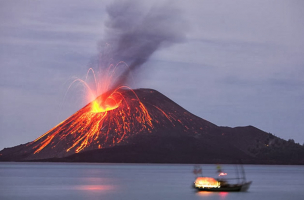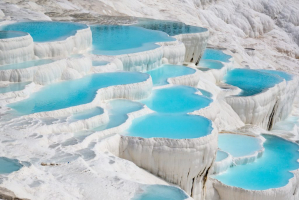Top 4 Reasons Why You Shouldn't Ever Touch a Dead Whale
Everyone will be curious if they walk on the beach and accidentally meet a drifting whale carcass. But do not do harmful actions to yourself and others because ... read more...of a lack of knowledge. Those giant whale carcasses contain many risks and dangers. The below is a bunch of reasons that will explain why you should not ever touch a dead whale.
-
When a living organism dies, bacteria and maggots attack, causing the body to decompose rapidly. So, not long after the animal dies, its body will begin to release a foul odor (stink) due to the presence of bacteria and the release of cadaverine and putrescine. The internal organs will break down first, creating a build-up of gases in the body - usually methane and nitrogen-based gases, causing the body to fall into a "bulging" state. This gas will quickly escape due to the decomposition of the skin.
The smaller the animal, the faster the decomposition time. As for giant-sized animals, especially whales, its carcass will create a different way. Whale skin is very thick and has strong elasticity, withstand extreme pressure, and is extremely difficult to decompose. The super-thick layer of fat under its skin takes a long time to break down. After a whale dies, more than 90% of its body's soft tissues can be a source of food for large numbers of organisms over a long period of time. So it can be seen that, if it is allowed to decompose, it is not known how long it will take to decompose completely. The huge amount of bacteria hidden inside will cause harm to the environment and human health. The lifeguards when working must also be very careful with bacteria parasitic on the whale's skin. They can become infected if they accidentally fall into an open wound.
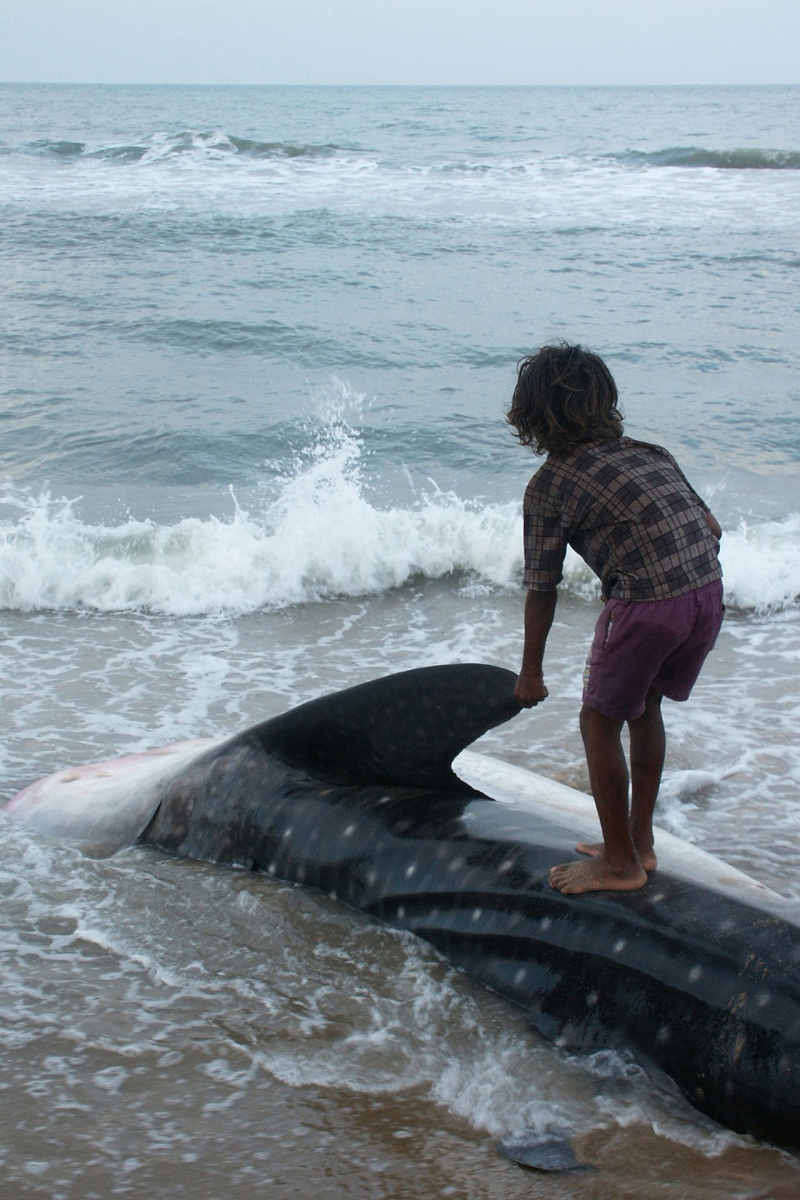
Photo by Pascal Laurent on Pixabay 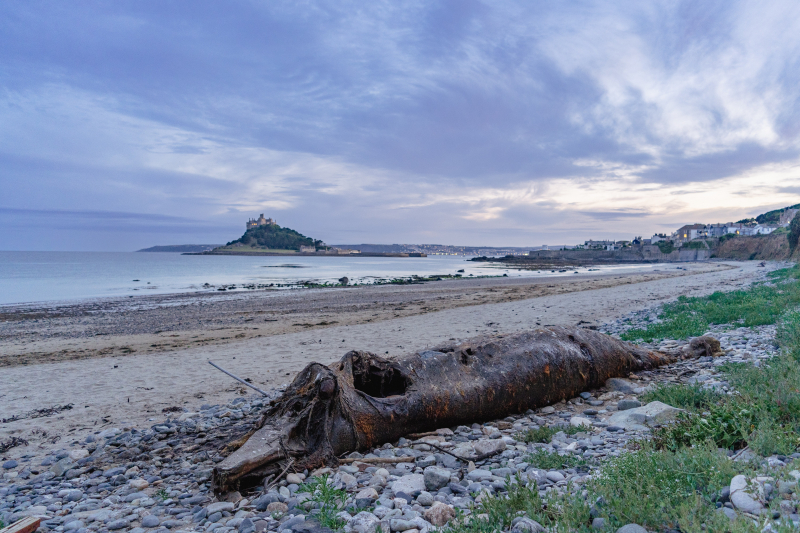
Photo by Benjamin Elliott on Unplash -
Whale skin is very thick and has strong elasticity, withstand extreme pressure, and is extremely difficult to decompose. The super-thick layer of fat under its skin takes a long time to break down. When the gas pressure inside the whale rises to dangerous levels, it can have 'explosive' consequences. Even the slightest poke can break through the fragile barrier between gases trapped inside their carcasses and turn into a real disaster.
Under normal conditions, these gases will escape through openings, such as the mouth or anus. However, it was found that the whale's body mass would cause every hole in its body to be sealed, and the gas would have no way to escape. And the corpse kept accumulating gas like that and while the body's capacity was limited, it was inevitable that the corpse would explode. It's just, we don't know exactly when or what will cause it to explode. There is no countdown timer for this. So sudden explosions can cause its organs, flesh, and blood to splatter everywhere. This debris flew tens, even hundreds of meters away. With such a large mass and tremendous speed, it is possible to damage large and solid objects such as houses, cars, trees, etc. Therefore, those standing close will be extremely dangerous, even affecting their lives. Those stenches fly everywhere carrying bacteria, and no one wants to get stuck on them.
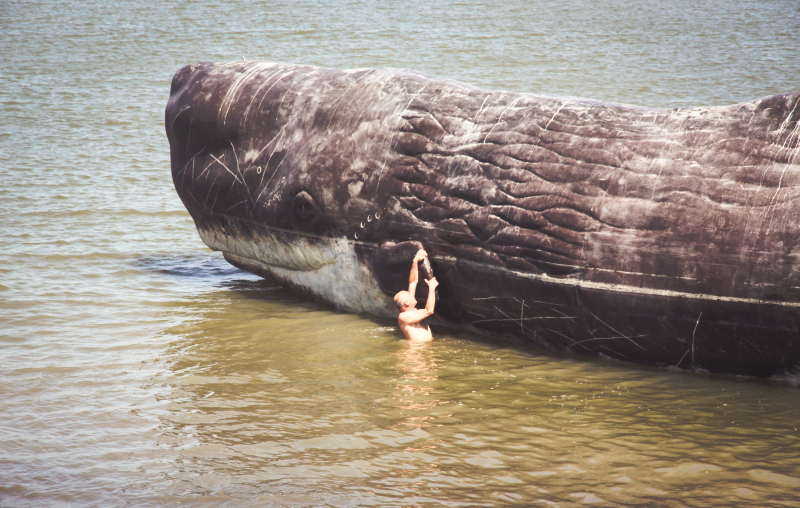
Photo by Snappy Shutters on Unplash 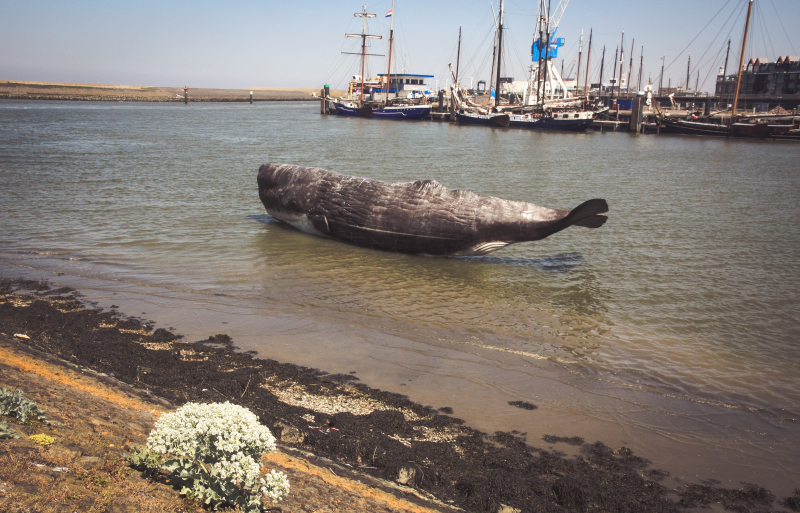
Photo by Snappy Shutters on Pixabay -
When discovering a whale carcass washed ashore, the first reaction of people is curious to stand around, even close to taking pictures. Because it is not easy to witness this rare sight, the largest mammal on the planet washed ashore, without defense or resistance. The gathering of a large number of people in the area of the drifting whale carcass will cause local congestion in that area. In addition, when the rescue team arrives to solve the problem, it will be difficult to move.
If you get close and touch that whale carcass, it affects not only you personally, but also other people. Touching this "slow-explosive bomb" is like threatening everyone's life. This can make rescue and scene handling difficult and complicated. And maybe, you cause people, instead of handling a whale carcass, have to clean up a stinking battlefield across an entire city. Please keep the appropriate distance, or best of all, stay away from these whale carcasses. And you should follow the instructions of the rescue team, so as not to get in trouble.
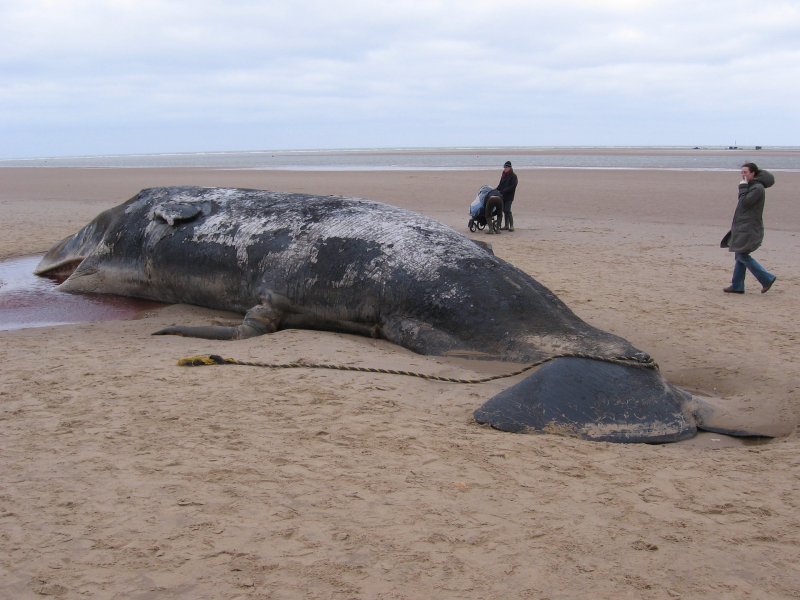
Photo by WikimediaImages on Pixabay 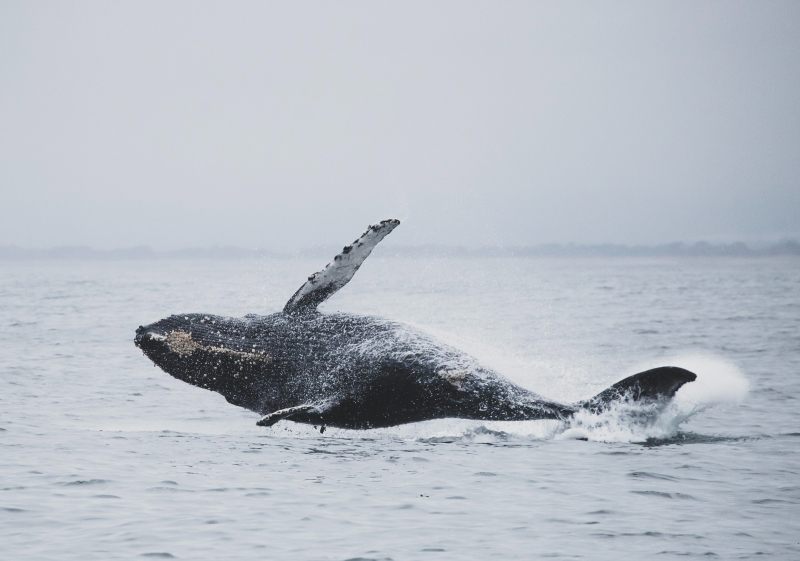
Photo by Andre Estevez on Pexels -
Even when dead, whales still provide life for hundreds of marine animals for up to 50 years. Therefore, it has a very important role in the life cycle of the Earth's oceans. It is estimated that every year, during each migration, about 70,000 whales die. But then, their meat, fat and bones are the source of life for many other creatures. It can be said that the carcass of each whale is a miniature ecosystem in the deep sea.
Whale fat will be fried to get oil. The bundles of bones, after being buried for 6 to 12 months, are sprayed with water, washed, dried and delivered to the craftsmen. Through the skillful hands of people, these rough bones will turn into the most beautiful masterpieces, selling for a lot of money.
Whale teeth are very popular. Even the mess in its stomach is worth as much as gold. Ambergris (whale vomit) dries up, and a sweet musk-like scent pervades the air. For this reason, ambergris is extremely valuable in the perfume industry. They are worth hundreds of thousands of dollars. Without the technique and expertise to handle them with care, a careless touch will ruin all the precious things this whale has to offer.
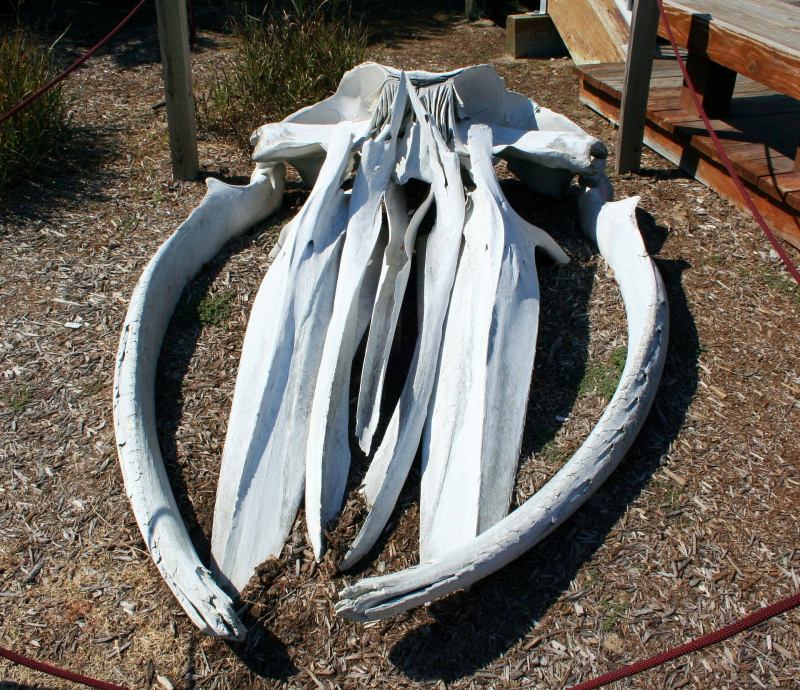
Photo by JamesDeMers on Pixabay 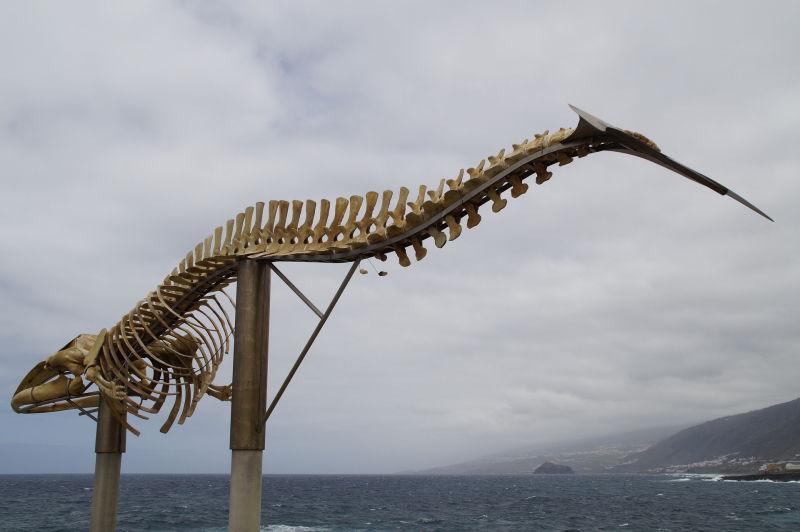
Photo by M W on Pixabay








